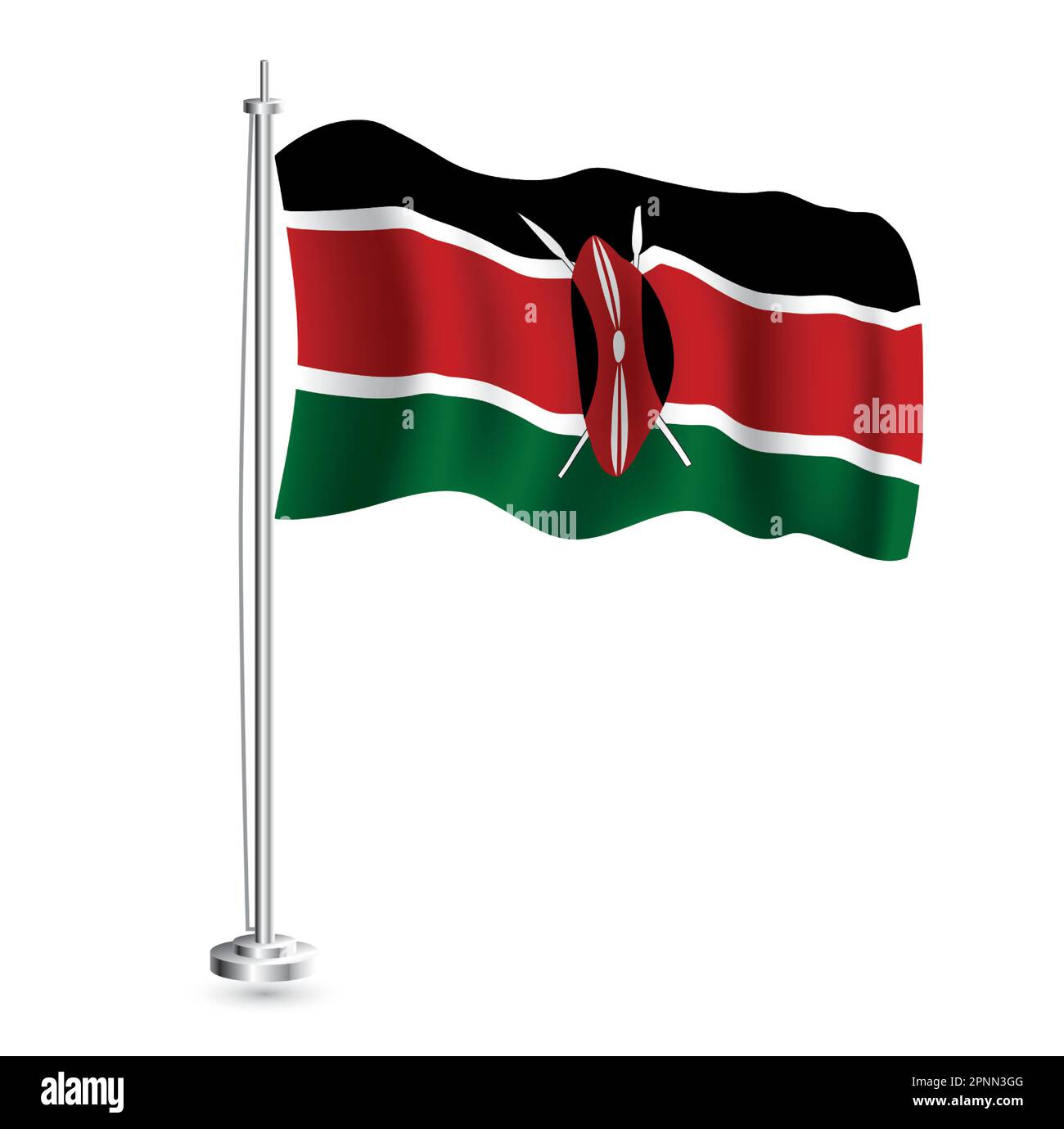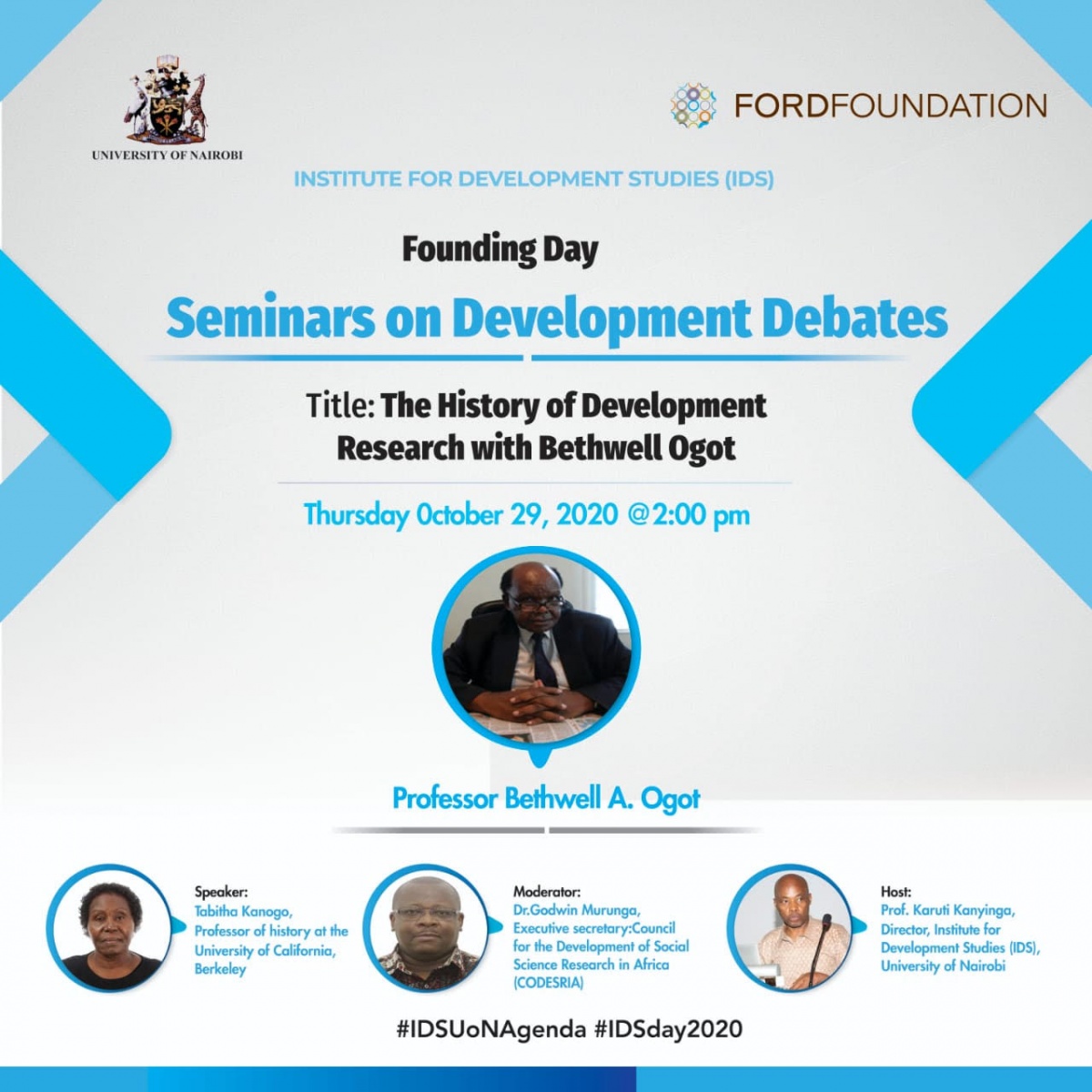Who is Bethwell A. Ogot? He is Bethwell A. Ogot: An Eminent Kenyan Historian And Anthropologist.
Editor's Notes: "Bethwell Ogot: An Eminent Kenyan Historian And Anthropologist" have published today date". Give a reason why this topic important to read.
We analyzed and dug all available information together to give you this guide about Bethwell Ogot: An Eminent Kenyan Historian And Anthropologist.
Transition to main article topics
FAQ
This section addresses frequently asked questions about Bethwell Ogot, an eminent Kenyan historian and anthropologist.
Question 1: What were Bethwell Ogot's primary areas of research and expertise?
Bethwell Ogot was a renowned historian and anthropologist specializing in the history of the Lake Victoria region of Africa. His research focused on the Luo people, their social and political organization, and their interactions with neighboring communities.

Kenyan Emblem – Fridge Magnet – BONK - Source bonk.co.ke
Question 2: What were some of Ogot's most significant contributions to the field of history?
Ogot's contributions to the field of history are immense. He helped establish the International Scientific Committee for the Drafting of a General History of Africa, and his work on the pre-colonial history of East Africa is considered groundbreaking.
Question 3: What were some of the key themes that emerged from Ogot's research?
Ogot's research highlighted the importance of oral traditions and the role of local knowledge in understanding African history. He emphasized the interconnectedness of African societies and the need to consider their history within a broader global context.
Question 4: How did Ogot's work influence the development of African studies?
Ogot's work played a pivotal role in shaping the field of African studies. He challenged Eurocentric narratives and promoted the importance of African perspectives. His writings inspired generations of scholars and helped establish African history as a legitimate and valuable discipline.
Question 5: What are some of the challenges Ogot faced in his career?
Ogot faced numerous challenges, including limited access to research resources and the biases of the time. Despite these obstacles, he persevered and made significant contributions to the field.
Question 6: What are some of the key takeaways from Ogot's work?
Ogot's work emphasizes the importance of understanding the complexities of African history, recognizing the contributions of local communities, and promoting a more inclusive and nuanced understanding of the past.
Bethwell Ogot's legacy continues to inspire and shape the field of African history. His commitment to rigorous scholarship and his dedication to promoting African perspectives have made him a towering figure in the discipline.
The next section will delve into Ogot's role as an educator and mentor.
Tips from Bethwell Ogot: An Eminent Kenyan Historian And Anthropologist

Kenyan election Stock Vector Images - Alamy - Source www.alamy.com
Bethwell Ogot, a renowned Kenyan historian and anthropologist, left behind a legacy of invaluable research and insights. His work encompasses a wide range of topics, from pre-colonial societies to the impact of colonialism and the challenges of nation-building in post-colonial Africa.
Tip 1: Embody Intellectual Curiosity
Ogot's life was marked by an insatiable thirst for knowledge. He constantly sought to explore new areas of study, challenging prevailing narratives and pushing the boundaries of understanding. This relentless curiosity fueled his groundbreaking contributions to Kenyan and African history.
Tip 2: Embrace Interdisciplinary Perspectives
Ogot recognized the interconnectedness of various disciplines in shaping historical accounts. He drew upon anthropology, archaeology, and linguistics to gain a comprehensive understanding of pre-colonial African societies. This interdisciplinary approach allowed him to uncover unique insights and offer a more holistic perspective on the continent's past.
Tip 3: Seek Collaboration and Dialogue
Ogot valued collaboration and dialogue as essential tools for advancing knowledge. He actively engaged with scholars from diverse backgrounds, fostering intellectual exchange and cross-pollination of ideas. These collaborations enriched his research and expanded the horizons of historical inquiry.
Tip 4: Prioritize Archival Research
Ogot meticulously combed through archives to unearth primary sources that shed light on African history. He spent countless hours examining colonial documents, missionary records, and oral testimonies. This archival research became the bedrock of his groundbreaking works, challenging Eurocentric biases and presenting a more nuanced and accurate account of the past.
Tip 5: Balance Rigor with Accessibility
Ogot believed in making historical knowledge accessible beyond academia. He penned numerous publications aimed at the general public, translating complex historical concepts into engaging and comprehensible narratives. This commitment to outreach allowed his insights to reach a wider audience and fostered a deeper understanding of African history among the masses.
In conclusion, Bethwell Ogot's legacy as a historian and anthropologist serves as a beacon of intellectual inquiry. His tips embody the principles of curiosity, interdisciplinarity, collaboration, archival research, and accessibility, providing valuable guidance for scholars and history enthusiasts alike.
Bethwell Ogot: An Eminent Kenyan Historian And Anthropologist
Bethwell Allan Ogot (1929-2015) was a distinguished Kenyan historian and anthropologist whose contributions enriched our understanding of African history, culture, and politics. His research, writings, and academic leadership profoundly impacted the development of historical studies in Kenya and beyond.
-

Historian icons set. Outline set of historian vector icons for web - Source www.alamy.com - Pioneering Historian: Ogot played a pivotal role in establishing history as a respected academic discipline in Kenya.
- Influential Anthropologist: His anthropological work provided valuable insights into the social and cultural dynamics of East African communities.
- Prolific Author: Ogot's extensive publications, including "History of the Southern Luo" and "Politics of Modern Kenya," have become foundational texts.
- Academic Leader: As Vice-Chancellor of the University of Nairobi, he fostered intellectual growth and academic excellence.
- Global Collaborator: Ogot's contributions extended internationally, including his involvement in UNESCO's General History of Africa project.
- Mentor and Inspiration: He nurtured generations of scholars, inspiring them with his passion for historical inquiry.
-

A History of Development Research with Prof. Bethwell A. Ogot - Source acfrn.uonbi.ac.ke
Bethwell Ogot's legacy continues to shape the study of African history and anthropology. His pioneering research laid the groundwork for a deeper understanding of East Africa's past and present. His mentorship and academic leadership empowered countless scholars, ensuring the future of historical studies in Kenya and beyond.
Bethwell Ogot: An Eminent Kenyan Historian And Anthropologist
Bethwell Allan Ogot was a renowned Kenyan historian, anthropologist, and academic administrator. He played a pivotal role in shaping the historiography of East and Central Africa, fostering a deeper understanding of the region's past and present. As both a historian and anthropologist, Ogot's work bridged the gap between disciplines, enriching the study of African history through a comprehensive lens.

Zamani : A Survey of East African History par Ogot, Bethwell A - Source www.abebooks.fr
Ogot's contributions to the field of history are significant. His groundbreaking research on the pre-colonial history of East Africa challenged the dominant narratives of the time, which often relied heavily on European accounts. Through meticulous analysis of oral traditions, archaeological evidence, and linguistic studies, Ogot shed light on the rich and complex civilizations that existed in the region before European colonization.
As an anthropologist, Ogot conducted extensive fieldwork among various communities in East Africa. His work focused on understanding their social and cultural practices, political systems, and economic livelihoods. Ogot's anthropological insights provided valuable context for his historical research, enabling him to present a more holistic view of African societies.
Ogot's legacy extends beyond his own research. As the founding director of the Institute of African Studies at the University of Nairobi, he played a crucial role in nurturing a new generation of African scholars. His mentorship and guidance inspired countless students to pursue careers in history, anthropology, and other related fields, ensuring the continuity of African historiography and scholarship.
In conclusion, the connection between Bethwell Ogot's role as a historian and anthropologist is integral to understanding his profound impact on the study of African history. His ability to bridge these disciplines allowed him to present a comprehensive and nuanced understanding of the region's past and present, inspiring generations of scholars and shaping the way we perceive African history today.



